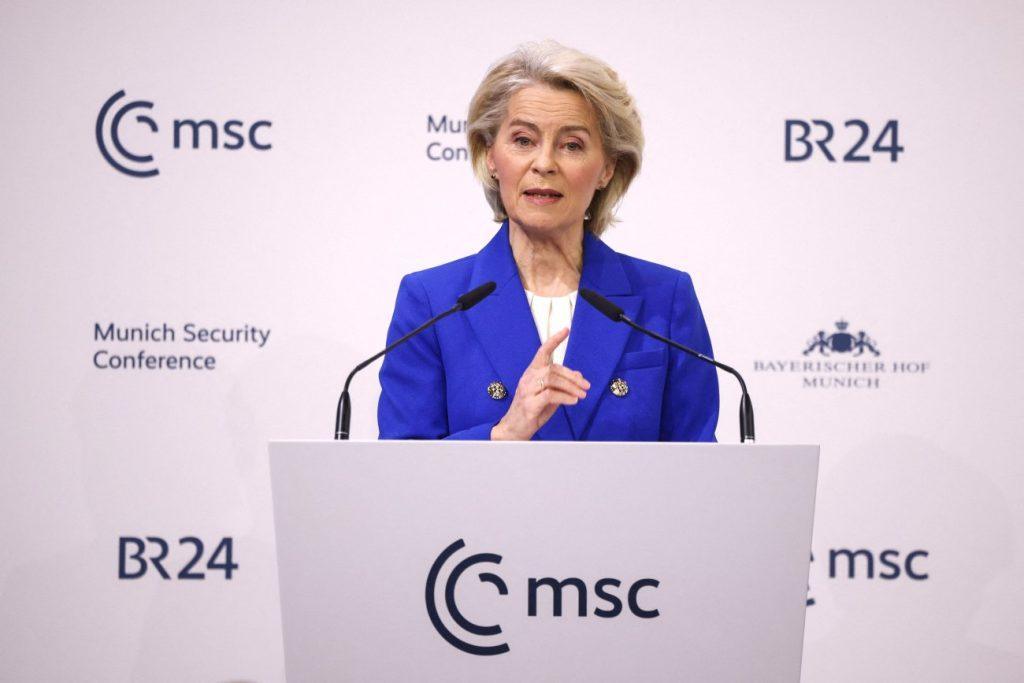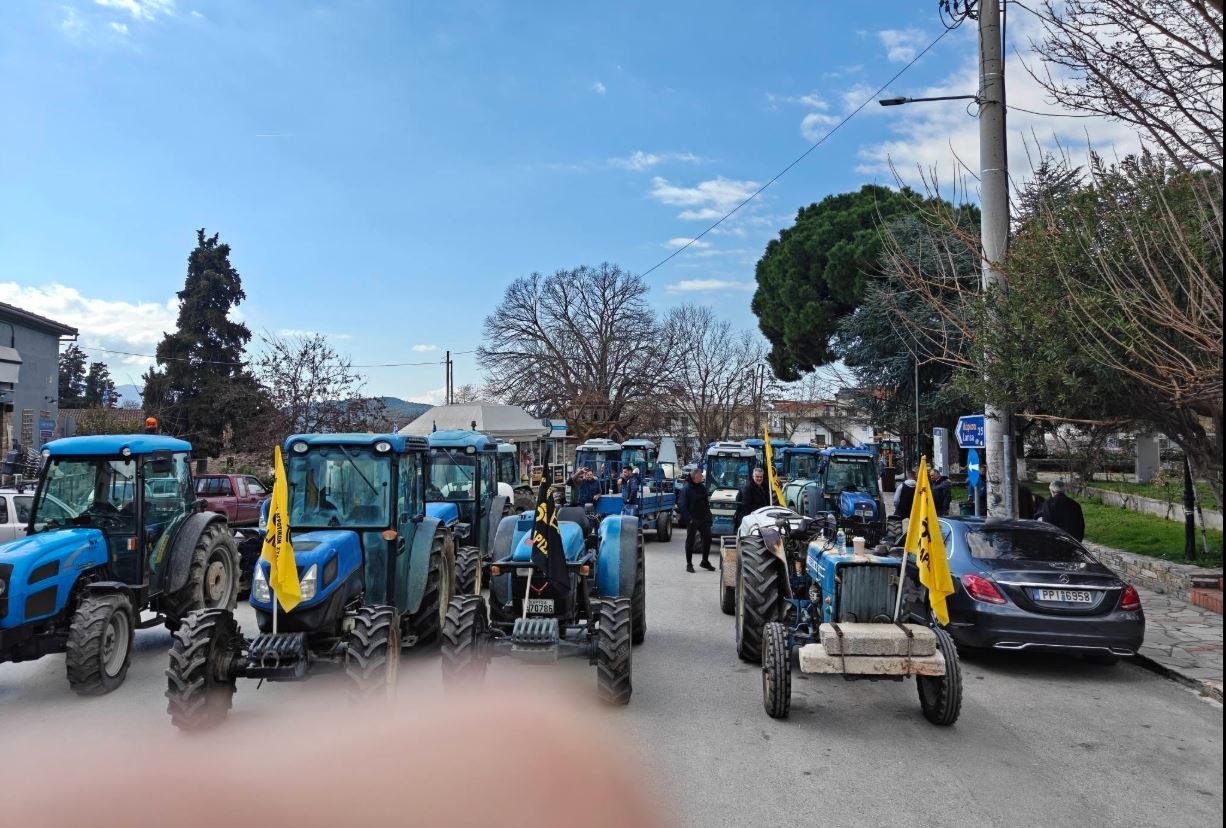Despite the positive numbers for Greece’s hospitality sector and tourism more generally, staff shortages remain the greatest challenge for hotels at the start of the new season, while red tape in labor legislation, combined with the implementation of the digital work card system, are indirectly pushing undeclared labor back into the sector.
The President of the Institute for Tourism Research and Forecasts (ITEP), Konstantina Svinou spoke to Ot.gr highlighting that staffing gaps in the hotel industry are expected to reach last year’s levels—around 20%. According to an ITEP study, the shortfall in personnel was estimated at 53,817 against 278,188 planned positions, translating to a 19% shortage—only a slight improvement from the previous year.
Regarding tourism and foreign labor recruitment, she noted that although the process of bringing in workers from abroad was initially frozen, the state later acted more swiftly and hiring has begun. However, bureaucratic hurdles—such as the issuance of tax identification numbers—continue to delay integration. Most foreign recruits come from India, the Philippines, and Egypt, and are described as well-trained professionals who add value to service quality.
The digital work card, while welcomed by hoteliers as a valuable tool, is seen as constrained by outdated labor laws that fail to reflect the seasonal and often unpredictable nature of the tourism industry. For instance, many workers, such as housekeepers, are willing to work seven days a week—either for the same business or between two employers—but are legally barred from doing so. Under current legislation, an employee cannot work five days at one hotel and then fill in on rest days at another, even if willing, which creates serious inefficiencies in a sector already suffering from staff shortages.
Svinou clarified that there is little risk of worker coercion in the current labor market, where demand far exceeds supply. In fact, hoteliers describe a kind of “bidding war” between businesses to attract workers. Ironically, protections intended to safeguard employees often push them toward undeclared employment, as they seek ways to legally cover additional shifts that the system doesn’t allow.
Among all hotels, 30% report a shortage in at least one housekeeping position, 23% lack at least one receptionist, 22% are missing at least one waiter/waitress, 18% have a shortage in at least one cleaning staff position (for indoor and outdoor areas), and 17% report a shortage in at least one barista or barman/barwoman, as well as in technical support roles.
At the departmental level, the Food & Beverage (F&B), Housekeeping, and Kitchen departments together account for 43% of all planned job positions, according to the official organizational structure.
Source: tovima.com









































